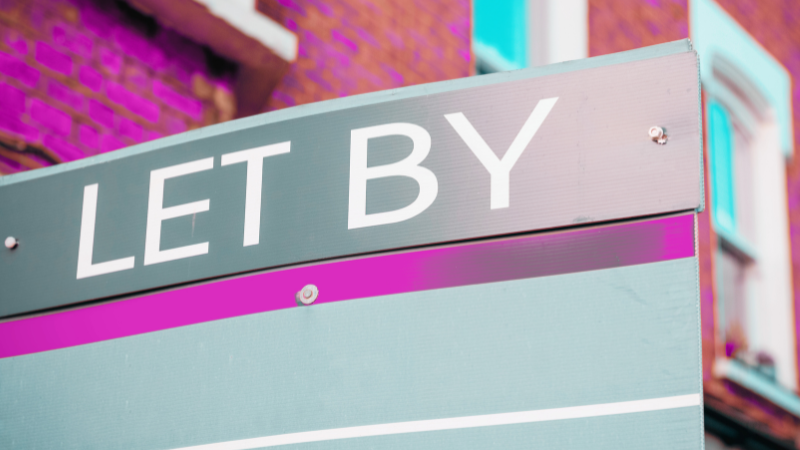According to the Financial Times, bridging cash loans for property rose by 8.5% in the first 3 months of 2022 in the UK!
Bridging loans are just that: a financial bridge. They’re short-term loans that are secured against an existing property. They provide funds while you’re waiting for something else to happen.
For instance, you may need a bridging loan to carry out renovations on your new property.
You could use the finance to buy cheap property at auctions or even purchase a property that a mainstream lender won’t provide funding for.
If you want to sell a property, you can take out a bridging loan to cover refurbishment costs. Many people can cover the entire refurbishment cost with the profits from selling their property.
With a bridging loan, interest is charged monthly. The interest rate you charge will be based on your financial standing, earnings, and loan to value.
Most deals won’t go beyond 50% loan to value on residential property.
How Are Bridging Loans Charged?
In general, bridging loans when purchasing property cost around 1-2% of your loan amount.
This is charged in the form of an arrangement fee by the provider.
Other costs associated with bridging loans include:
- Interest charges (monthly)
- Survey and valuation fees
- Broker fees
- Legal fees
- Administration fees including redemption and drawdown fees
Typical Costs Involved with a Bridging Loan
- Arrangement fees – this is usually around 2%
- Redemption fees – this is the fee charged to remove the legal charge from your property once it’s paid off
- Loan drawdown fees – this is a general admin fee that’s around £295
- Exit fees – some lenders don’t charge this, but many do. It’s a 1.25% charge because your loan is paid off.
- Electronic transfer fees – this fee is around £25
Interest Rates on Bridging Loans
Interest rates work very differently on a bridging loan than they do on a regular mortgage. Instead of being worked out as an annual figure, the interest rate is provided as a monthly amount.
This is because some bridging finance deals last less than a year.
They’re also calculated on a daily basis once you’ve completed the first month of the term, which means that if you choose to settle your loan early, you’ll only pay the interest amount up to that date.
Factors that Affect the Interest Rate on a Bridging Loans
If you’re applying for a bridging loan, how the interest is charged will depend on the type of loan you get.
Unregulated loans usually come with monthly interest charges, but some lenders may let you roll all the interest and repay it at the end of the term.
Regulated loans require interest to be paid at the end. The following are aspects that will influence the interest rate you’re charged on your bridging loan.
- Whether the Loan is Regulated or Not
If the bridging loan is for your private home, it will be regulated by the FCA.
If it’s not for your home and someone else will live in the property, it’s an unregulated loan and is, therefore, riskier. Unregulated loans come with higher fees.
- Your Credit Score
Even if you have a bad credit score, you may still qualify for and be granted a bridging loan, but this often means you’ll have a higher interest rate attached.
Applicants with the best credit scores don’t always get the lowest interest rates, though.
If the property you need the bridging loan for is old, can’t be mortgaged, or will require considerable work to get it up to standard with no guarantee of generating the funds, a higher interest rate may automatically apply.
It’s not as straightforward as saying that the best credit scores will get the lowest interest rates.
- Property Location
Lenders view prime location properties more favourably as there’s a higher chance you can sell the property or make the required rental to pay back the bridging loan. As such, remote or rural locations often get higher interest rates.
- Loan-to-Value Ratio
The lower your loan-to-value ratio is, the lower the interest rate you’ll be charged. For instance, a loan with a 50% LTV will have a lower interest rate than an 80% LTV loan.
That said, it comes down to the individual lender as to what the actual rate will be. A mortgage broker can ensure you get the lowest possible interest rate.
- Required Loan Length
If you know you only need a bridging loan for a short period of time, usually less than a year, your broker may be able to assist you in securing a lower interest rate than the standard.
It’s a good idea to chat with a mortgage broker about the loan amount you need and how much you can afford to pay every month so that they can try and negotiate with bridging loan providers on your behalf.
- Perceived Risk
If you’re hoping to renovate a property that may be in a very bad condition, you may find that the interest rates are higher.
If you can prove that the investment from the lender isn’t very risky, the lender may be open to more negotiable interest rates.
Bridging Loan Costs in the UK Conclusion
Using a professional mortgage broker to secure a bridging loan is the best possible direction to take.
A mortgage advisor or broker can liaise with mortgage browsers on your behalf and ensure that you get the best possible rates and fees so that you can save on costs throughout the process.
Call us today on 01925 906 210 or contact us to speak to one of our friendly advisors.








